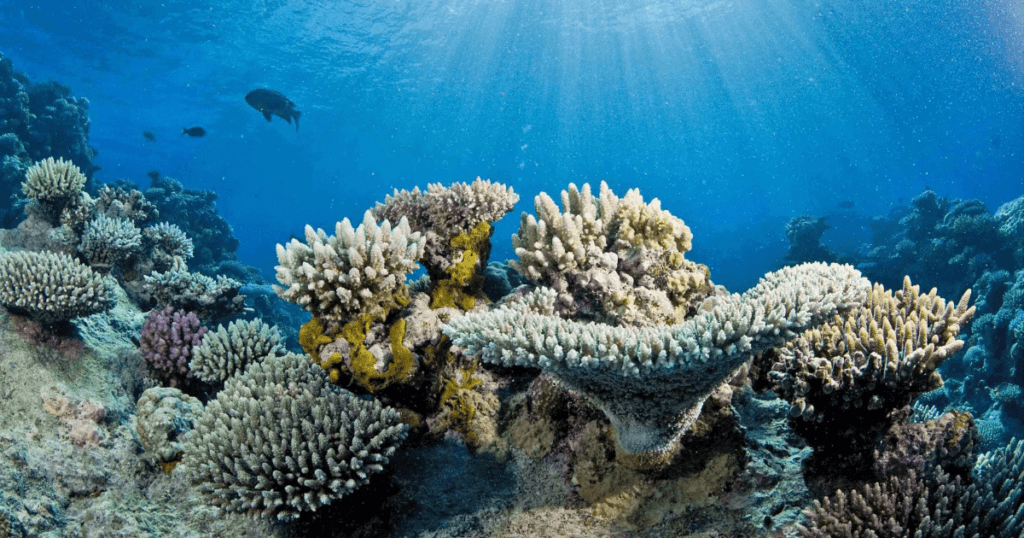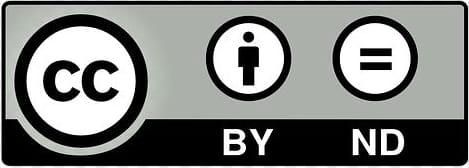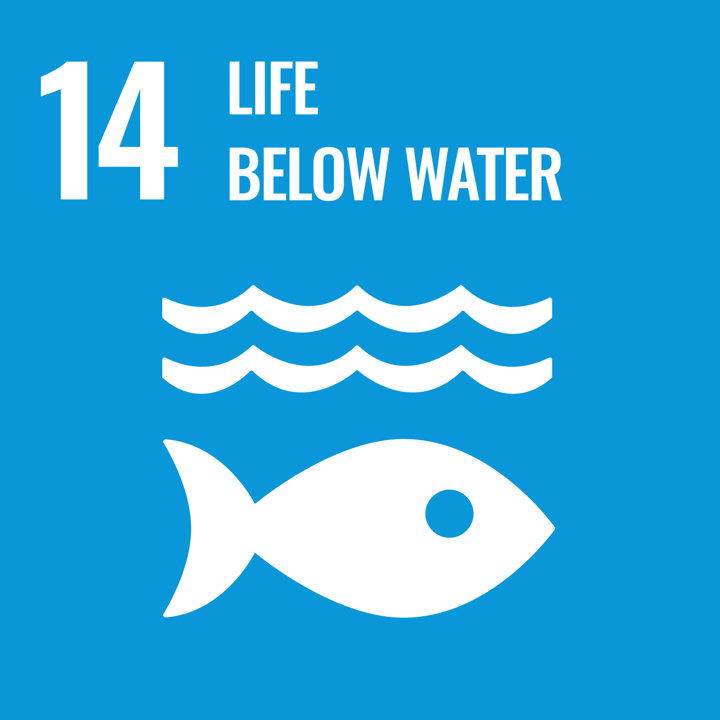
Avsedd slutanvändare: Lärare
Åldersgrupp: Högstadiet; gymnasiet
Läroplan för skolan: Science; Social, Social & Environment Science
Teman och ämnen: Environmental Change; Futures Thinking; Information & Knowledge
Varaktighet: 4 levels, each 30 – 60 minutes
Typ av resurs: Game, Audio/Video, Lesson Plans, Online Course
Nyckelord: Scientific/Climate Literacy, Coral Reefs, Climate Change, Ocean Temperature, Data Analysis
Språk: engelska: Engelska
Beskrivning
Coral reefs are one of the most diverse ecosystems on the planet. Found throughout tropical regions, they support an estimated 500 million people (one in every 15 people) in terms of food, livelihoods and other benefits.1 Even though coral reefs face numerous threats, rising temperatures associated with climate change is one of the greatest. In this module, students will use real data to investigate the consequences of rising ocean surface temperature on coral reefs. They will also consider the importance of coral reefs in their own lives.
Through the lessons in this module, designed for grades 6-12, students are guided through the use of National Oceanic and Atmospheric Administration (NOAA) data (ocean surface temperature, coral bleaching hotspots, and accumulated heat stress) to understand how scientists monitor coral bleaching events in order to determine what is happening to the health of coral reefs in the world’s oceans. The module offers lessons at five different levels, beginning with basic graph interpretation (Levels 1 & 2) and building towards activities that challenge students to ask questions and develop their own data investigations (Levels 4 & 5).
Så här använder du den här resursen
Teachers can use this resource to engage students in real-world scientific investigation by analyzing NOAA data on ocean temperatures and coral bleaching. The module offers five levels of activities, from basic graph interpretation to independent data analysis, allowing differentiation based on student ability. Through guided inquiry, students explore the ecological and human significance of coral reefs, develop data literacy skills, and critically assess climate change impacts. Teachers can integrate these lessons into science, geography, or environmental studies curricula, fostering hands-on learning and real-world problem-solving while encouraging students to consider their own connection to marine ecosystems.
Resurserna
The resources and tools can be found here:
Lärandemål
- Ta reda på förkunskaper och vidareutveckla kunskapen om och förståelsen för viktiga nyckelbegrepp inom hållbart medborgarskap genom att utmana etablerade världsbilder och värderingar.
- Tillämpa en rad lämpliga verktyg och ramverk för att främja studenternas hållbarhetsmedborgarskap
- Reflektera över praxis och granska nationella läroplaner för att identifiera möjligheter att främja hållbarhetsmedborgarskap på tvärvetenskapliga sätt och samarbeta med externa intressenter.
- i samarbete syntetisera kunskap, verktyg och ramverk för att skapa utbildningsmaterial och lektionsplaner som är anpassade till deras eget lokala sammanhang
- Utveckla och tillämpa bedömningskriterier för att utvärdera studenternas hållbarhetsmedborgarskap.
Gröna kompetenser
- Förankring av hållbara värderingar: Valuing Sustainability; Promoting Nature
- Att ta tillvara komplexitet inom hållbarhet: Systemtänkande; kritiskt tänkande; problemformulering
- Att föreställa sig en hållbar framtid: Futures Literacy; Adaptability; Exploratory Thinking
- Agera för hållbarhet: Kollektivt agerande
Creative Commons

This curriculum module was originally developed for the NOAA Ocean Data Education (NODE) Project. This 4th edition (2024) was completed under contract by Amy Dean. Data in the Classroom is a collaboration of many NOAA programs and offices including: National Environmental Satellite, Data, and Information Service (NDIS), National tuarine Research Reserve System, National Oceanographic Data Center and the Office of National Marine
Sanctuaries.
Permission is hereby granted for the reproduction of these lessons without alteration and on the condition that the acknowledgment above is cited.
Globala mål för hållbar utveckling


